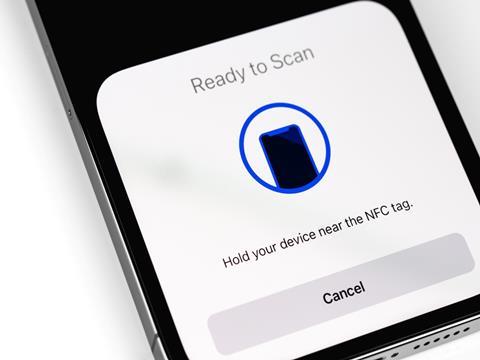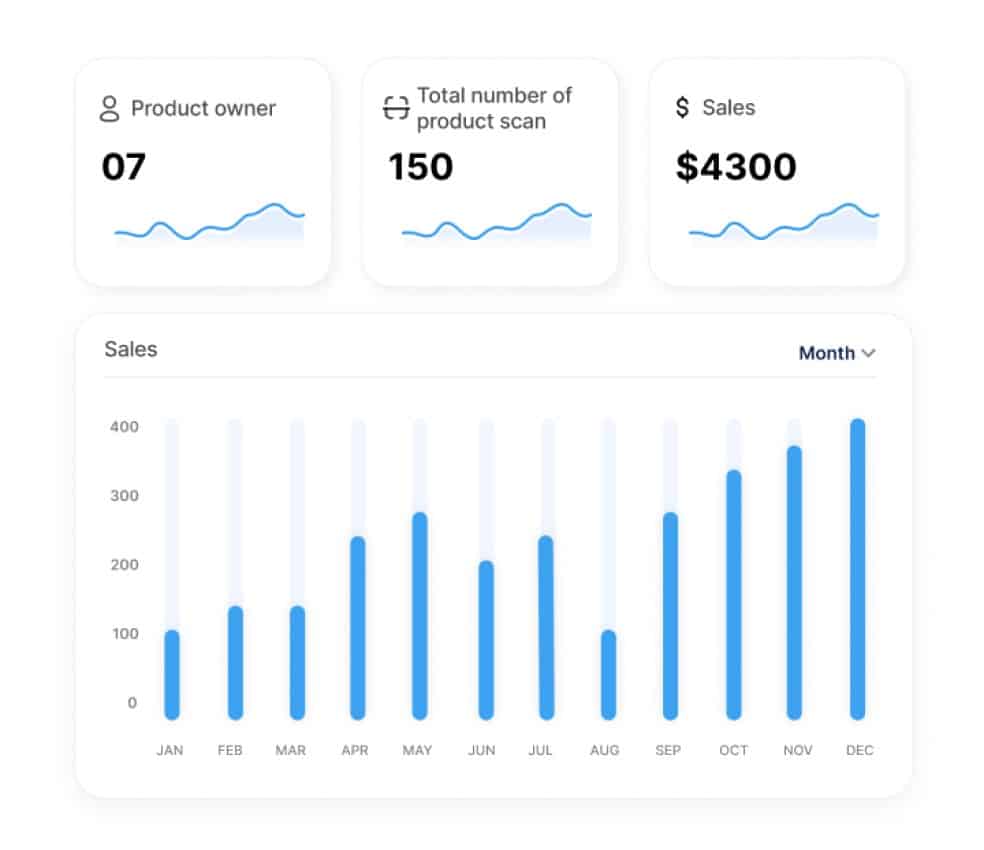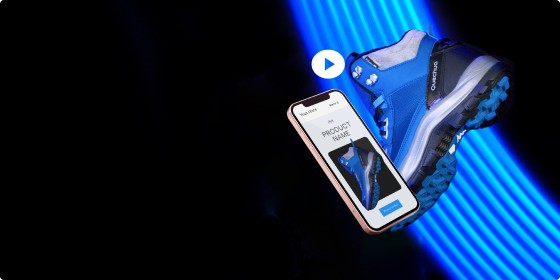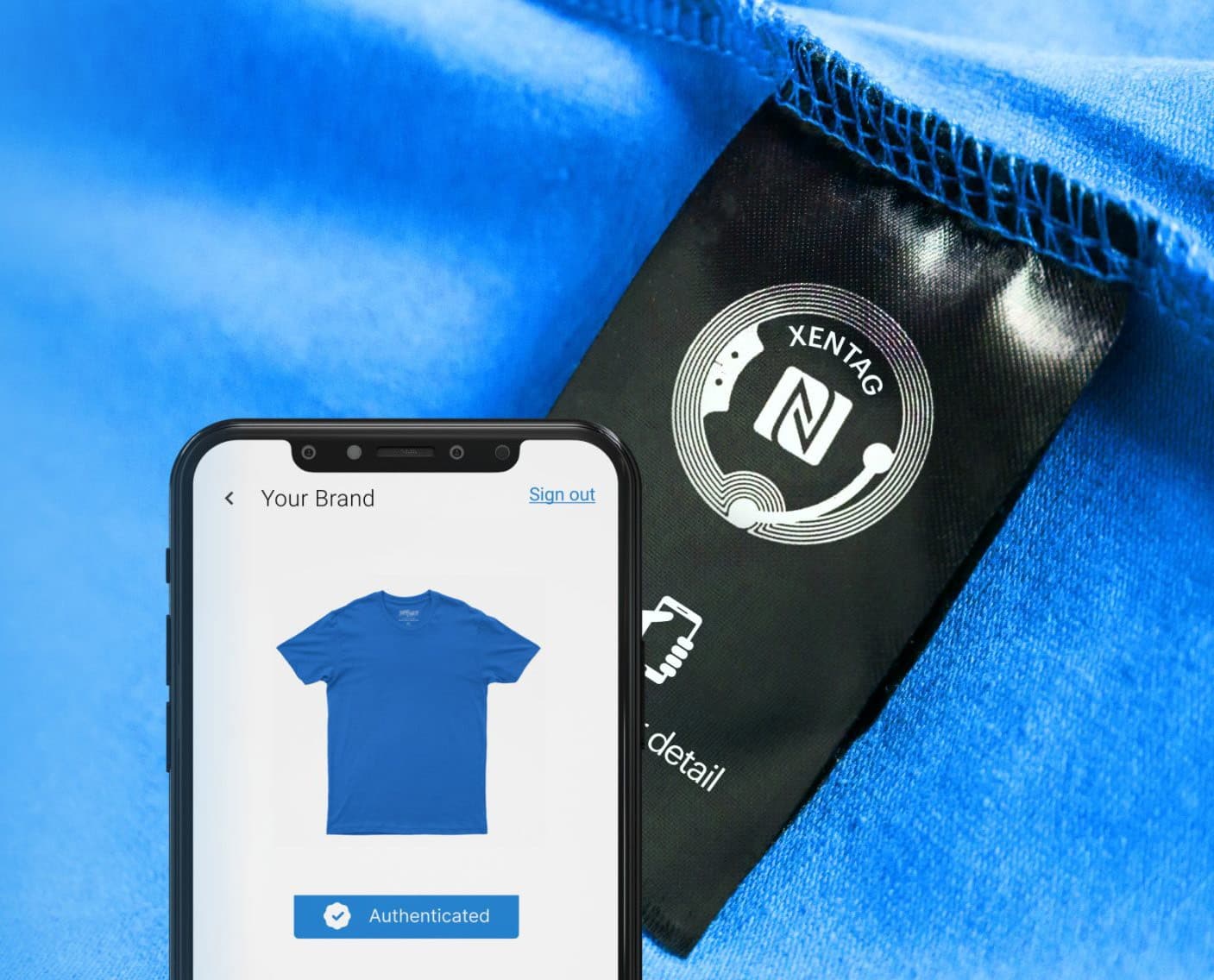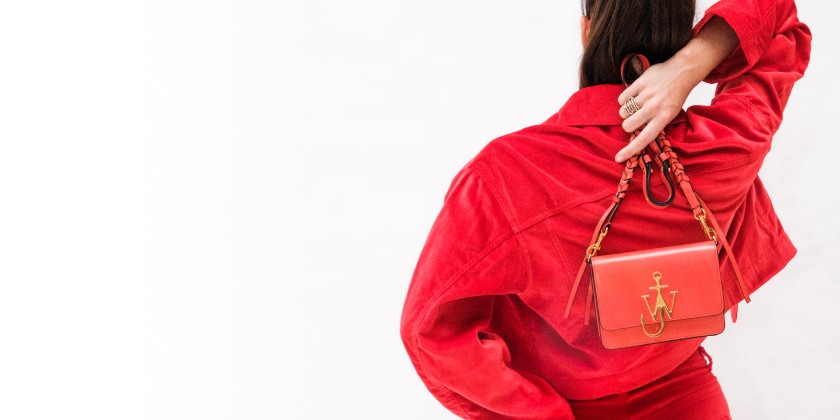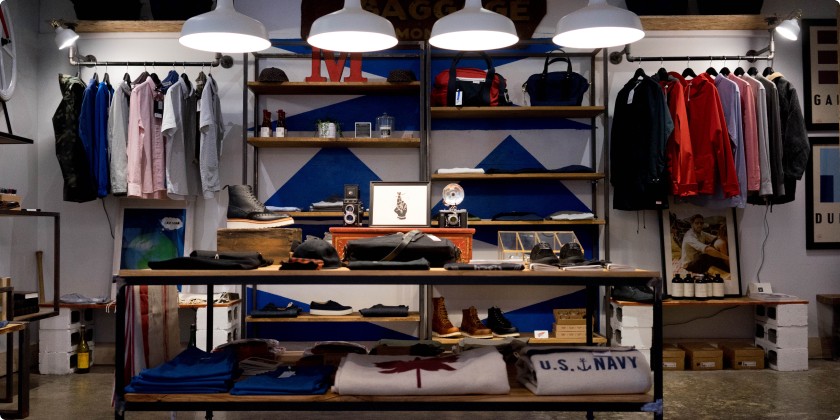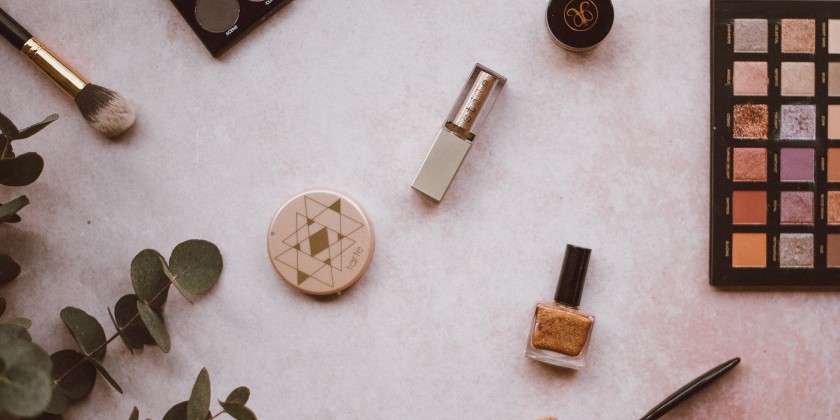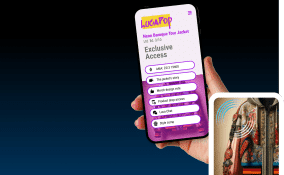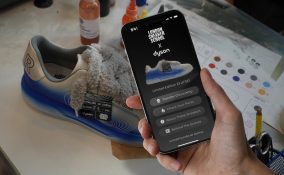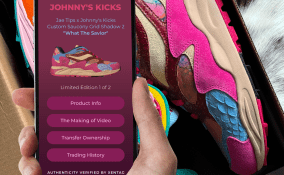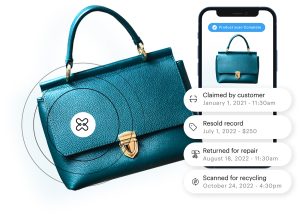If a deal seems too good to be true, it usually is. The counterfeit market has long been a counterpoint to all kinds of goods and products, from luxury brand items to pharmaceutical drugs and beauty products.
The unauthorized reproduction or imitation of legitimate goods for financial gain (and misleading people into believing said products are genuine) is considered an intellectual property crime.
In this article we will explore the world of counterfeit cosmetics, and how the growth of e-commerce has facilitated this underground market. We’ll also identify how digital tagging products such as XenTag can potentially put an end to fake beauty.
An overview of the counterfeit cosmetics market
According to a report from the Organization for Economic Development and Cooperation (OECD) report, the international trade in counterfeit and pirated goods and products had an estimated value of approximately $509 billion in 2016. This figure reflected an increase of 32% from 2013 to 2016.
Cosmetics products (including perfume) rank among the top 10 counterfeited products internationally.
Globally, there were as much as 130,000 customs seizures of counterfeit goods and products on a yearly basis from 2017 to 2019. These custom seizures saw an increase from 4% to 10% within a single year.
The impact of counterfeit goods on individuals and the global economy
A report published by the International Chamber of Commerce (IOC) in 2017 estimates that by 2022, the total international trade in counterfeit goods will reach $991 billion USD, which would mean a displacement of legitimate economic activity would stand between $980 billion to $1244 billion.
By 2024, the worldwide economic value of counterfeit and pirated goods and services may reach a staggering $4.5 trillion.
For individuals, this means that by 2022 approximately 5.4 million jobs will be at risk. For the global economy, this could mean a loss of approximately $4.2 trillion.
Counterfeit cosmetics and the Covid pandemic
Counterfeit cosmetics have seen an unprecedented rise amidst the Covid pandemic. According to a study by McKinsey, the sale of beauty products on e-commerce platforms have increased by 20 to 30% since the pandemic began.
The products that are most counterfeited include, but are not limited to, skincare products and haircare brands. The first half of 2020 alone saw as much as a 56% rise in the online sale of counterfeit goods and products that spread across more than 700 different legitimate brands.
According to the study’s demographics, the people most targeted by the fake cosmetics market are older, less informed and relatively new to making purchases online. But they’re not alone.
The booming of online sales has presented and even facilitated the opportunity for counterfeiters to seize market share from authentic and legitimate cosmetic brands. The inability to touch and feel products presents a unique opportunity to sell fake products, then disappear.
Counterfeit cosmetics, which generally have their origin in South Asian nations, have been flooding the e-commerce cosmetic market with substandard and even dangerous offerings. A lack of oversight from authoritative bodies have allowed these transactions to go unfettered.
The impact of counterfeit cosmetics on legitimate brands
Statistically, one in every two customers in the United States lose their faith in a brand if they happen to purchase a counterfeit version of a cosmetic product.
The unchecked rise of fake cosmetic products has cost legitimate brands not only lost revenue, but their reputation and trust in their brand.
Mitigating the counterfeit cosmetic market
While various measures have been undertaken to counter the sale of counterfeit and fake cosmetic products, more needs to be done. E-commerce platforms like eBay, Alibaba, and Amazon have taken a ‘no toleration’ policy towards counterfeit goods and products.
In 2017, eBay launched an ‘eBay Authenticate’ feature to filter counterfeit products out of its e-commerce platform. This authentication program aids with the safe buying of high-end luxury items such as designer products, watches and other expensive goods.
Similarly, Amazon reported that it had placed 8000 employees in a counterfeit “task force” in 2019 to fight the infiltration of fake products and fraudulent practices on their platform.
Large beauty companies such as Estée Lauder and L’Oréal have created professional security task forces dedicated to eradicating counterfeit products and keeping fake versions of their products off the market.
However, seizures of fake products, random raids and investigative task forces are not nearly enough to stem the flow of counterfeit cosmetics into the market. Moreover, smaller cosmetic brands lack the resources or the head count to take up the battle in the same way as their larger corporate counterparts.
What if there was a digital solution that stemmed the flow of counterfeit cosmetics before they ever reached an ecommerce platform?
What is XenTag?
XenTag is a pre-programmed RFID/NFC tag that is embedded into your products, in this case cosmetic products. In conjunction with a proprietary app, this tag tracks and monitors your cosmetic products throughout the entire supply chain, until they reach their final destination.
Your customers can use the same app to track their shipment, identify when it has been received, and authenticate their products. The XenTag app is available on either Android or iOS systems.
Why choose XenTag?
XenTag is the ideal solution for filtering out counterfeit products from the cosmetics market. It’s affordable, which makes it a useful tool for large and small cosmetics manufacturers.
Small, portable, and largely undetectable, XenTag’s profile and functionality make it ideal for cosmetic products.
To ensure safety and data protection, XenTag comes with 3 layers of security, making it far more secure than QR codes or barcodes.
Want to know how XenTag can help you get legitimate products to market while keeping your brand and reputation pristine? Contact your consultant at ZenduiT for a free demonstration.



